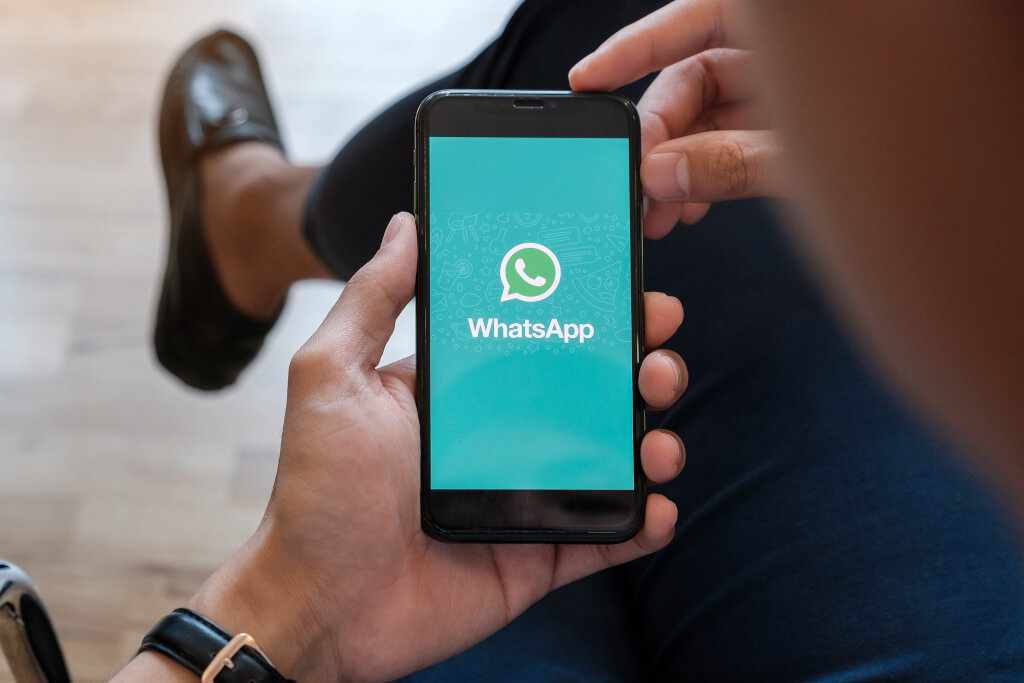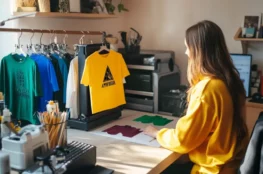Even in more remote areas and low-income neighborhoods, mobile phone use has grown commonplace. The United Nations’ Sustainable Development Goals recognize the potential of these technologies to bring about profound societal transformation, as evidenced by the aforementioned study. However, while the potential of mobile phones and other ICTs to empower women has been debated at length, especially in Africa, little is known about when, how, and why this occurs.
We surveyed women in Kano, Nigeria, to learn more about their experiences using the WhatsApp messaging app. We were curious as to whether or not the app had provided new avenues of growth and self-determination for them. For example, several women reported improved communication with their local politicians after using WhatsApp. In WhatsApp support groups, they were able to express their worries freely. They were also better connected to the outside world. Some of the ladies joined WhatsApp religious study groups, where they could ask questions and learn from one another.
Some of these women took advantage of their newfound freedoms. They used WhatsApp groups, for instance, to promote local businesses and services, bringing in revenue. Women in our study used WhatsApp groups to break out of the mold of traditional gender roles as homemakers and moms. With the help of this technology, kids were able to take charge of their own lives and make meaningful decisions.
The Women of Kano and WhatsApp
Muslims make up the majority of Kano’s population. It is located in the state of Kano, which has a high concentration of smartphone users (7.81 million out of a total of 60 million in Nigeria).
To begin, we enlisted the assistance of two prominent female figures in local organizations. They were chosen because of the significant contributions they made to various community organizations. They also had to have a high-tech smartphone. We conducted in-depth interviews and focus groups with a wide range of women to learn more about their WhatsApp usage and the positive effects they’ve noticed. The political agency of some has increased. A 34-year-old housewife named Murja’atu said:
At first, I didn’t know how to get in touch with elected officials, especially those in Abuja. Previously, I could only communicate with them through the women in charge during election season; however, thanks to this online community, I am now able to do so on a more regular basis.
Safiya, a Shopkeeper of 28 Years, Shared a Similar Story
Despite his promises throughout the campaign, our senator has been silent for quite some time. I shared it with the group and it quickly gained traction; we persisted with it until our female leader shared it with the rest of the group. There have been some fixes made to the problems.
Due to the low barrier to entry posed by online discussion forums, women were better able to acquire new knowledge and have their questions about it clarified. Sometimes they were able to obtain someone to assist their kids with their homework. This was a recurring theme among the women who spoke about the benefits of being part of a WhatsApp group. WhatsApp was also useful for spreading important health and safety messages. One of the community group leaders, Asabe, who is 41 years old, related the following story:
One member of our group’s spouse is a health worker, so she frequently publishes information about health practices; I first heard about the recent cholera outbreak from one of her posts. Preventative strategies include things like boiling water to drink and thoroughly cleaning produce with salt. Participants in the focus groups frequently remarked on how they appreciated the sense of community that WhatsApp groups provided. There was a serious dedication to cooperating and finding solutions.
Prospects for Economic Growth
The women may now advertise their goods and services to a wider audience thanks to the WhatsApp group forums. To provide potential customers with a clear picture of what they’re getting, these business owners frequently email them images of the goods or services in question. The customer has the option of selecting both the payment method and the delivery method.
These female entrepreneurs have communicated with their clientele about price adjustments via WhatsApp. Market prices change every day because of the unstable economic position of the country. The women gather on the forum to discuss recent price fluctuations in the market.
The Women Can Now Reach a Wider Audience in Nigeria
A woman I met on WhatsApp in Yola, which is 910 kilometers distant from Kano, is now one of my most reliable and loyal customers; I regularly give her things worth thousands of Naira, despite never having met her in person.
The debate in these WhatsApp groups also included postings regarding available employment opportunities. Jobs like cleaning, event planning, and food service were among them. Interested parties typically initiate contact with the companies, and interviews are set up via WhatsApp audio and video sessions.
This research shows that women’s access to mobile phones has increased their economic options, including income generation, savings opportunities, and company growth. The usage of mobile phones has also facilitated the development of ancillary skills that affect several facets of these women’s and their communities’ daily lives.
About the Author:
Lunga Dlamini is a journalist specializing in African start-ups and entrepreneurship. Lunga’s fascination with innovative business models and emerging market trends guides his writing. He has an MBA and has been with Africa Nova since its inception.




